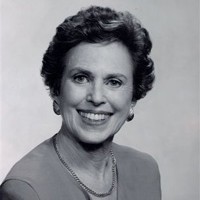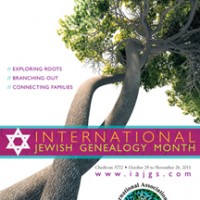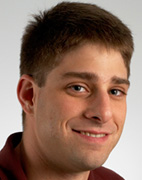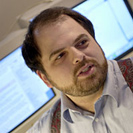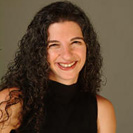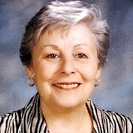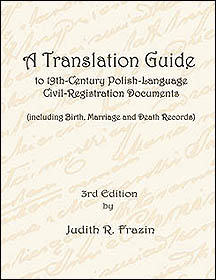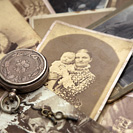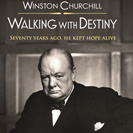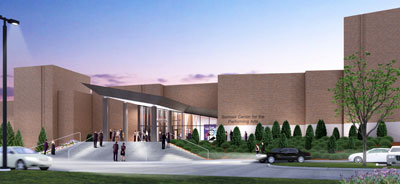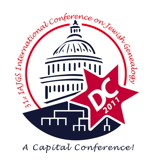
Sunday, August 14 through Friday, August 19, 2011 in Washington, DC
For Jewish Genealogists doing research on family in the United States there probably is no better place than in Washington, DC. And in 2011 that opportunity will come to fruition when the 31st IAJGS International Conference on Jewish Genealogy will be hosted in DC by the Jewish Genealogy Society of Greater Washington (JGSGW); this time at the Grand Hyatt Washington from August 14-19. The cost to attend the entire week-long conference is $310; on-site registration beginning August 14 is $340. Register online at dc2011.org.
The beautiful Grand Hyatt is centrally located on H Street between 10th and 11th Streets. A tunnel from the hotel lobby leads directly to the Washington Metro system for ease in traveling about the city to the National Archives, Library of Congress, Holocaust Museum, and other area sights. Chinatown and theatres and conveniently located. The hotel has 888 rooms and 40,000 square feet of conference space which will be dedicated to the conference.
Three of JGSMI’s board members will be presenting at this year’s conference!
Librarian Gayle Saini will be leading two computer workshops:
- Little-Known Free Online Resources, $25 fee
August 14th from 9:30 – 11:30 AM - The Yad Vashem Shoah Victims’ Database, $25 fee
August 15th from 7:30 – 9:15 AM
Corresponding Secretary Diane Freilich will present:
- Introduction To Genealogy
August 14th from 9:30 – 10:45 AM - Charting the City Directory, a Variety of Uses
August 16th from 3:45 – 5:00 PM - Tools To Uncovering American Court Records
August 19th from 8:00 – 9:15 AM
Past President and Cemetery Project Chair Marc Manson will present:
- Sanborn Insurance Maps, City Directories & Maps
August 14th from 3:45 – 5:00 PM
Conference Highlights this Year:
- Rabbi Shmuley Boteach is the pre-conference scholar
- Walking Tours of Jewish Washington ($15)
- Sara Bloomfield, the director of the U.S. Holocaust Memorial Museum, will deliver the keynote address to our conference on the opening night
- Embassy Experiences ($15)
- Washington’s highly-regarded Theater J will perform “The Moscows of Nantucket” at the conference hotel ($12)
- Gala ($65): Thursday evening. David S. Ferriero, Archivist of the United States, will be the featured speaker. After-dinner entertainment provided by the world-renowned Robyn Helzner Trio will captivate us with their charming wit and evocative melodies sung in Hebrew, Yiddish, Ladino, Russian and English from Jewish communities in five corners of the world.
The conference programs will take place on two levels accessible from the main lobby by elevator and escalator. On one level there will be banquet and kosher food facilities, as well as the cyber classroom, resource room, theatre and smaller meeting rooms. On the other level, a massive ballroom will be divided into lecture halls and a comfortable central lounge for networking and relaxing between events. A vendor room will be adjacent to the lecture halls. The cyber café with sufficient computers connected to internet resources will be set up in the central lounge.
For conference attendees who will be staying at the Grand Hyatt, the guaranteed guest room rate has been negotiated at the same rate as the 2008 IAJGS conference in Chicago – $199. As the conference draws closer, the program will be fleshed out to excite and interest the large group of attendees. Events at venues unique to Washington are planned.
Read More...